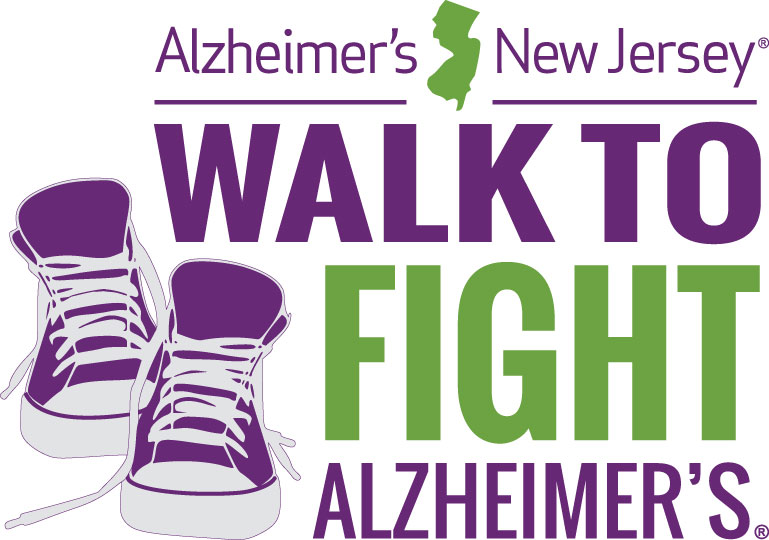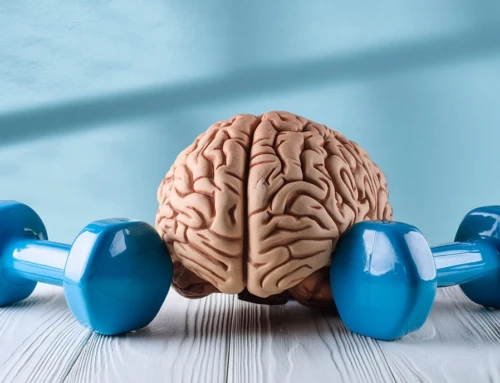 A recent survey conducted by Fairleigh Dickinson University’s PublicMind on behalf of Alzheimer’s New Jersey® found that an overwhelming majority of New Jersey residents with memory loss concerns (89%) visited a doctor to seek diagnosis. However, only about half (54%) of the physicians seen suggested support programs to assist those with the disease and their caregivers.
A recent survey conducted by Fairleigh Dickinson University’s PublicMind on behalf of Alzheimer’s New Jersey® found that an overwhelming majority of New Jersey residents with memory loss concerns (89%) visited a doctor to seek diagnosis. However, only about half (54%) of the physicians seen suggested support programs to assist those with the disease and their caregivers.
In New Jersey alone, over 600,000 people are affected by Alzheimer’s and dementia, which includes 180,000 individuals diagnosed with Alzheimer’s and over 450,000 caregivers. To date, there is no cure for Alzheimer’s disease or a way to stop or slow its progression, however, there are services – such as education programs, respite and support groups – that are helpful and important for the person with the disease, their loved ones and their caregivers. According to Ken Zaentz, President and CEO, Alzheimer’s New Jersey, information about support services should be part of the diagnosis conversation that doctors have with their patients and the patients’ caregivers and families. For example, a referral could be made to the Alzheimer’s New Jersey Helpline for next steps.
“Receiving a diagnosis of Alzheimer’s disease can be devastating. It is so important that those diagnosed and their caregivers are informed that there are support services that they and their families can access and take advantage of,” said Zaentz. “Both people with Alzheimer’s and their caregivers should have a thorough understanding of the disease and how it will impact their lives so that they can create a plan for their future. Alzheimer’s New Jersey provides this type of support.”
Alzheimer’s New Jersey (formerly called the Alzheimer’s Association, Greater New Jersey Chapter) is a non-profit organization whose mission is to respond to the needs of people in New Jersey who are affected by Alzheimer’s disease and other dementias. These residents rely on Alzheimer’s New Jersey for personal and confidential assistance, guidance, emotional support, education and safety awareness as they face the emotional and financial challenges of Alzheimer’s disease that can often be overwhelming.
The survey also found that nearly 90 percent of pollsters received a formal diagnosis of Alzheimer’s or other dementias. This is striking in comparison to a national 2015 survey that showed only 45 percent of people with Alzheimer’s disease or their caregivers were given a diagnosis by their doctor. (Source: Alzheimer’s Association)
While respondents went to a range of physicians (34%) for a diagnosis, the majority received the diagnosis from their neurologist (37%). There is no single test to diagnose Alzheimer’s disease. A physician, such as a neurologist, will evaluate overall health and conduct tests to assess memory impairment and other thinking skills, judge functional abilities, and identify behavior changes. A series of tests to rule out other possible causes of impairment are also performed.
“It’s encouraging that people are seeking medical help and diagnosis when they have memory concerns, but they also need essential information about support services that could help improve their quality of life, and that of their caregivers. We are here to work both with individuals and with the healthcare community to make those services available,” said Zaentz.
About the Survey
The Fairleigh Dickinson University PublicMind telephone survey was conducted in September, 2018, with 805 New Jersey adults, and was funded by Alzheimer’s New Jersey. Utilizing best practices in survey methodology, PublicMind undertakes research nationally and throughout New Jersey.




